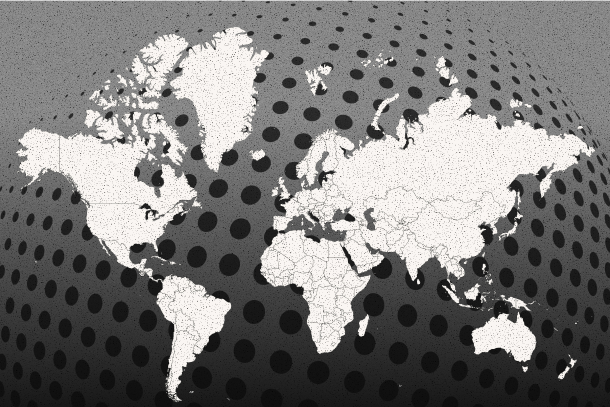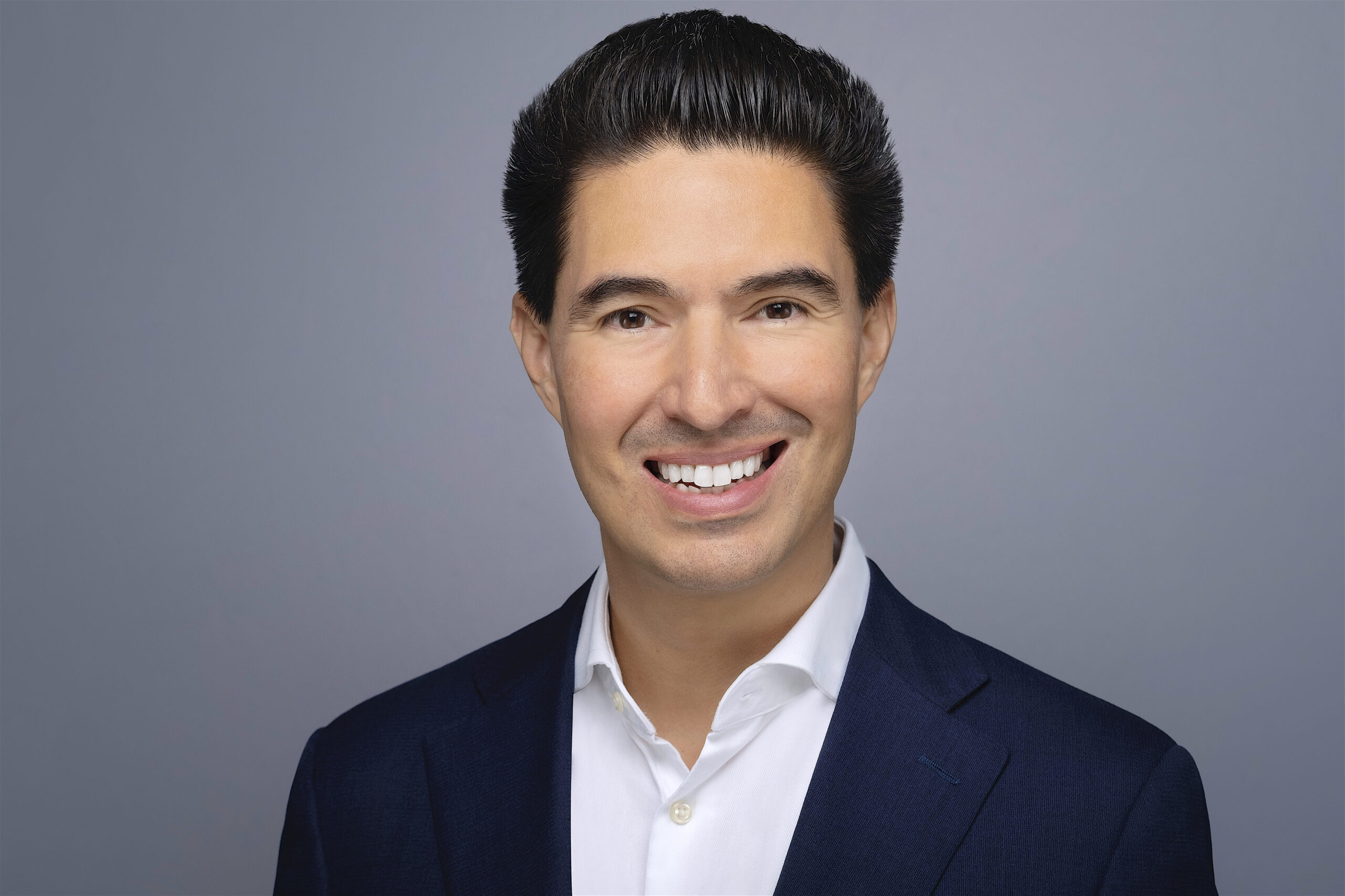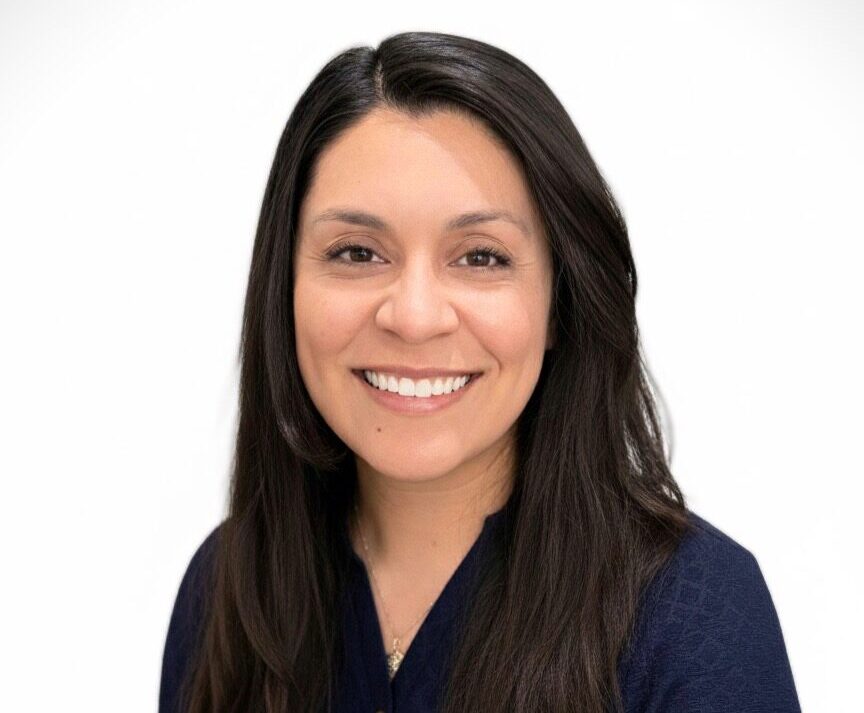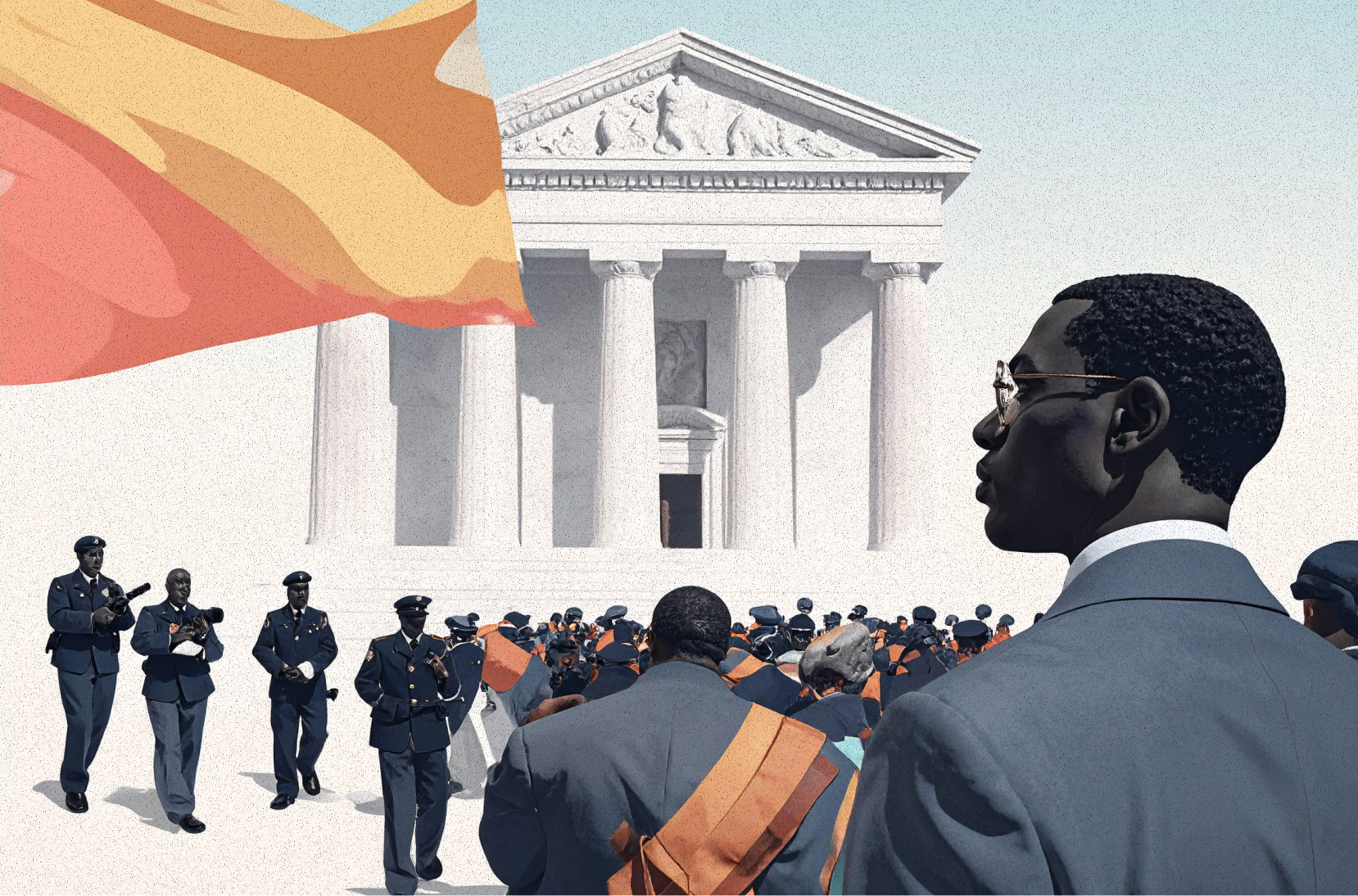Editor’s Note
This essay is part of CNTI’s “Letters from the Field” series, in which journalists from around the world share their experiences reporting in restrictive spaces and share advice for journalists in the U.S.
Over the last three decades, my family has lived through a series of events that sound like fiction. We’ve survived assassination attempts, illegal raids, armed attacks and exile. But nothing prepared us for what happened on July 29, 2022 — when my father, journalist Jose Rubén Zamora, was arrested and imprisoned on fabricated charges, triggering the most brutal chapter yet in our story.
My father has spent over 1,050 days arbitrarily detained in Guatemala. Although granted house arrest briefly, a corrupt judicial system, co-opted by powerful interests, reversed the measure on a technicality. The charges against him are baseless, prolonged by bad-faith legal tactics meant not to deliver justice but to silence him — and to send a message to all Guatemalan journalists: this is what happens when you expose power.
What we are experiencing is not an old-school dictatorship. It is something more deceptive: a captured judicial system weaponized to criminalize dissent. It’s the new authoritarian playbook — a repressive regime that wears the mask of democracy and uses the law to legitimize persecution.
The story of my father is the story of press freedom under siege.
Over the past three years, we’ve seen this weaponization of the courts tear our family apart. My mother and younger brother were forced into exile. Our newsroom was shut down. Our accounts were frozen. Our lawyers were imprisoned or fled the country. Journalists that worked in elPeriódico’s newsroom, the newspaper my father founded in 1996 and where I began my career, were forced into exile. elPeriódico and its team, which had spent 27 years exposing corruption and defending democratic values, was shut down entirely in May 2023.
Through it all, my father never wavered.
He has always believed journalism is not just about telling the truth — it is an act of public service. For that, he has paid a high price: months of solitary confinement, sleep deprivation, insect infestations and a Kafkaesque legal process that defies all international standards. And yet, he remains committed. In November 2024, during a moment of light when my father was granted house arrest, he was allowed to attend a public event where the president signed a declaration on press freedom. As we walked together through the streets, people honked and shouted “¡Zamora libre!” Citizens stopped him for photos. It reminded us that despite the repression, the people remember — and that gives us hope.
My father was ordered back to prison on a baseless technicality four months later.
The danger we face in Guatemala is not isolated. Similar patterns are unfolding across Latin America and beyond. In Nicaragua, Cuba, Venezuela — and now El Salvador, Perú, and others — journalists are being criminalized, harassed and driven into exile under the guise of legal proceedings. The tools may vary, but the goal is the same: to silence truth-tellers and protect corruption.
To journalists in the U.S., I say this: Do not wait for repression to arrive in its most visible form. The playbook has changed. It has already arrived with the discrediting of the press, with legal harassment disguised as due process, with lawsuits and economic pressure on independent outlets and with rubber bullets in the streets in recent weeks. It moves quietly, and by the time it’s visible, it is often too late.
Letters From the Field
From Afghanistan and Nigeria to Ukraine, journalists speak of exile, legacy, and resilience. Read their stories, insights, and calls to action.

There is a way to resist.
Our family’s, and Guatemalan journalism’s survival, has relied not only on resilience but on solidarity — on the network of journalists, human rights defenders and democratic governments who refused to look away. International support has made a difference: from official statements to international sanctions of corrupt and antidemocratic actors, to legal assistance and emergency support for those forced to flee. Local networks of journalism support and collaboration have also ensured abuse and corruption continue to be exposed. Every act of solidarity reminds us we are not alone. And that knowledge sustains us.
There are also lessons in innovation. In every case of repression, journalists adapted. From creating support and collaboration networks, to independent media archives or the creation of exile journalism. And in every case, the answer was not less journalism — but more. Smarter. Stronger. Together.
The erosion of democracy is not inevitable. But it cannot be reversed without a free and independent press.
In the United States, as legal threats mount and press freedom is increasingly challenged, look to those who have already lived through the worst. Experience offers both warning and hope. Build your networks. Support one another. Speak louder. And most importantly — never forget that journalism matters.
My father taught me that. He has spent his life defending the truth — and his legacy is not courage, but resilience in the face of fear and uncertainty, and the belief that citizens should have access to the information they need to lead their lives. As we continue to fight for his freedom, we also fight for the right of all journalists to do their work and communities to be informed.
We are still here. We are still speaking. And we will not be silenced.
Jose Carlos Zamora is the Regional Director for the Americas at the Committee to Protect Journalists. He has held senior communications roles at Exile Content Studio and Univision News, and previously led the Knight News Challenge at the Knight Foundation, supporting over 100 grants for media innovation and free expression. He began his career at elPeriódico in Guatemala, promoting civic engagement and digital journalism. In 2024, he founded Ilumina Communications, a bilingual consultancy for purpose-driven organizations, and helped launch the Central American Independent Media Archive to safeguard press freedom in the region.
Share




